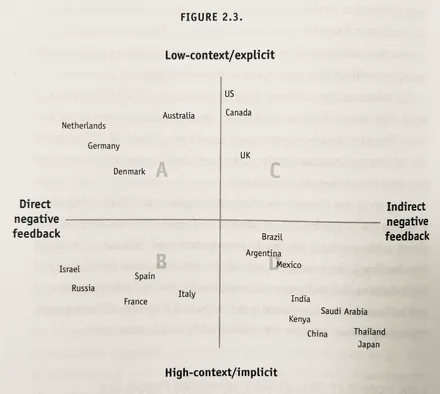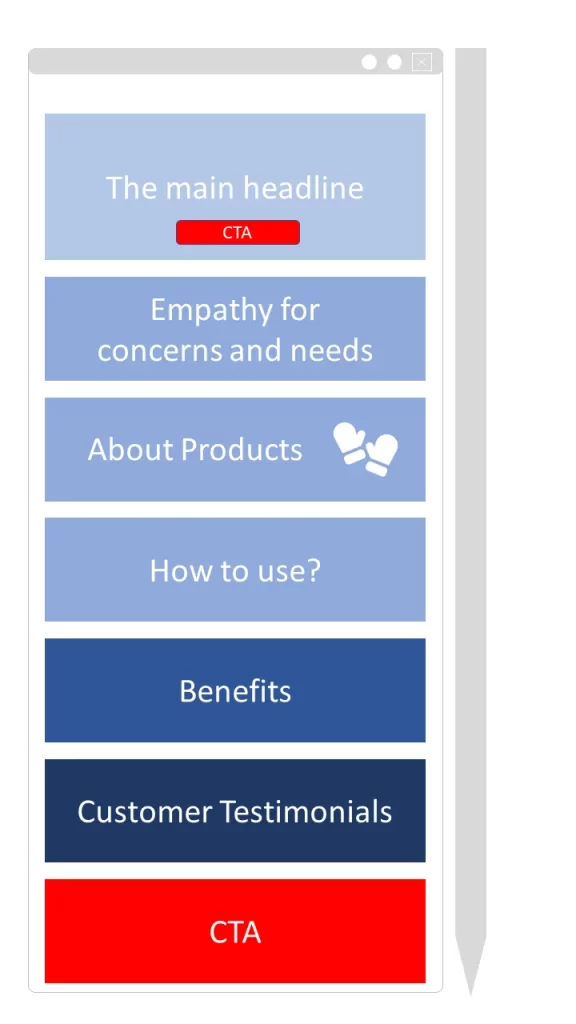
- 1. Localized contents:
- 2. Preferred communication differences
- 3. Proper price range (pricing strategies)
- 4. Products, Services design
- 5. Online and offline media
- In conclusion
Global marketing and marketing in Japan have fundamental differences that businesses need to be aware of when developing strategies for the Japanese market.
I have both personal experiences and witnessed foreign professionals taking the wrong approach with Japanese customers.
Understanding these differences is crucial for companies seeking to do business in Japan or to tailor their marketing strategies to Japanese consumers.
If I introduced all of them, it would take more time than expected. Therefore, I will only introduce some tips and my experiences as examples of good practices in this article.
1. Localized contents:
Global marketing tends to take a standardized approach to culture, aiming for consistency across markets. In contrast, Japanese marketing often takes a more localized approach that is tailored to the unique cultural characteristics of Japan. A good translation is a key ingredient and fundamental point to success in Japan.
Here is interesting data from an article written by Intercom(Software company in the U.S.)

As you can see, In Japan impressions from English campaigns are much lower than those from localized campaigns compared to other countries.
There are several factors leading to this result but mainly Japanese customers tend not to purchase products from non-Japanese websites. They prefer to read product information carefully before buying and collecting data as much as they can so they want Japanese descriptions. Also, if “customer touchpoints” like websites or SNSs contain awkward expressions in Japanese, Japanese customers may perceive your service or products as low quality.
So, you should not only translate to Japanese but also localize the contents.
2. Preferred communication differences
Have you read “The Culture Map” by Erin Meyer? I strongly recommend it to understand our cultural gaps in culture. According to the book, Japanese tends to be more indirect and subtle in its approach, using subtle cues and symbols to convey meaning (high-context, implicit).

Communicating and Evaluating (adapted from THE CULTURE MAP)
In real business scenarios(BtoB), Japanese workers may not directly say “I’m not interested in your service” when rejecting a proposal. Instead, they may say “I will consider your proposal positively” and not contact you in the future. Thus, I, as a Japanese, change my communication style when I interact with people from other cultures with the understanding of the gap between us.
3. Proper price range (pricing strategies)
Before embarking on your business in Japan, it’s important to take note that there are already existing Japanese competitors. Conduct market research to study how much your competitors are charging and get a grasp of the right price range.
In order to know your competitors in Japan, it might be difficult if you are doing B2B business, but I suggest interviewing people related to your competitors for insights or studying their distributions and business models.
If you are doing B2C business, check price comparison sites like hikaku.com might help you.
4. Products, Services design
Japanese customers are known for being selective purchasers. They take a long time to consider before making a purchase, checking comparison websites, reading online reviews, and asking their friends for advice.
Additionally, they often prefer not to contact companies even if they have questions or need clarification about a product. Therefore, it is important to provide enough information to enable them to make an informed decision before purchasing.
That is the reason why landing pages in Japan are likely longer than those in other countries and have lots of information.

5. Online and offline media
When it comes to marketing, many people think of using online media. However, offline media such as newspapers, magazines, and billboards still play an important role in marketing in Japan, especially in specific industries. Additionally, offline media is also effective for reaching the older generation. In our experience, a press release distribution service is an excellent way to reach your customers or potential business partners.
What is a press release distribution service….?
A press distribution service is a company that distributes your press release to media outlets, blogs, other public relations outlets, and business-related media channels. Journalists use press release distribution services to search for press releases to run on their media channels.
Source: NEWSWIRE(https://www.newswire.com/what-is-a-press-release-distribution-service)
By using a press release service in Japan, potentially you reach many in both online media and offline media.
In conclusion
There are similarities and differences between global marketing and Japanese marketing and BBPJ will continue to provide useful tips for international companies looking to grow their business in Japan.
”BETTER TOGETHER”
